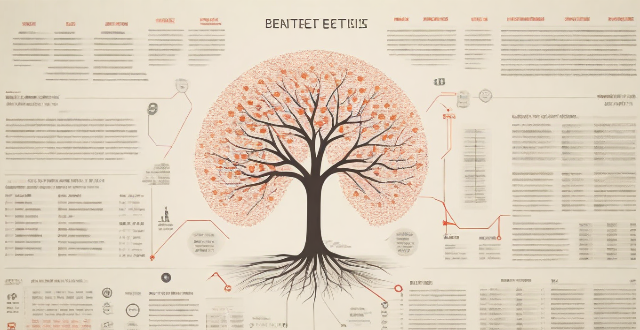This article discusses the benefits of extracurricular activities for teenage development, including improved social skills, personal growth and self-discovery, academic success, physical health and well-being, and lifelong skills and habits.

The Benefits of Extracurricular Activities for Teenage Development
Extracurricular activities play a crucial role in the development of teenagers. These activities offer numerous benefits that go beyond academic achievements and help teenagers grow into well-rounded individuals. In this article, we will discuss some of the key benefits of extracurricular activities for teenage development.
Improved Social Skills
One of the most significant advantages of participating in extracurricular activities is the opportunity to develop social skills. Teenagers who engage in such activities get to interact with peers from diverse backgrounds, cultures, and interests. This exposure helps them:
- Build Communication Skills: They learn to express their thoughts and ideas effectively while listening to others.
- Develop Teamwork Skills: Working together on projects or sports teams teaches them how to cooperate and collaborate with others.
- Enhance Empathy: By understanding different perspectives, they become more empathetic towards others.
Personal Growth and Self-Discovery
Extracurricular activities provide a platform for teenagers to explore their passions, interests, and talents. This exploration leads to personal growth and self-discovery in several ways:
- Identify Interests: Teenagers can discover new hobbies or interests that they may not have known about otherwise.
- Boost Self-Esteem: Accomplishing goals within an activity can boost their confidence and self-esteem.
- Learn Responsibility: Managing time between academics and extracurricular commitments teaches them responsibility and time management skills.
Academic Success
Contrary to popular belief, engaging in extracurricular activities does not detract from academic performance but rather enhances it. Here's how:
- Improved Study Habits: Time management skills learned through extracurricular activities often translate into better study habits.
- Increased Motivation: Participating in activities they enjoy can motivate teenagers to perform better in school.
- Applied Learning: Many extracurricular activities, like science clubs or debate teams, reinforce classroom concepts and promote applied learning.
Physical Health and Well-being
Many extracurricular activities involve physical exertion, which has numerous health benefits for teenagers:
- Promote Physical Fitness: Sports and other active pursuits keep teenagers physically fit and healthy.
- Reduce Stress: Engaging in enjoyable activities can serve as a stress reliever for teenagers facing academic pressures.
- Encourage Healthy Habits: Participating in sports often encourages good habits like proper nutrition and regular sleep patterns.
Lifelong Skills and Habits
The skills and habits developed through extracurricular activities can have long-lasting effects on a teenager's life:
- Leadership Skills: Roles like team captain or club president foster leadership abilities that will serve them well in future endeavors.
- Network Building: The connections made during extracurricular activities can lead to valuable networks later in life.
- Lifelong Hobbies: Engaging in an activity they love can turn into a lifelong hobby or even a career path.
In conclusion, extracurricular activities offer numerous benefits that contribute significantly to the overall development of teenagers. From improved social skills to personal growth, academic success, physical health, and lifelong skills, these activities play a vital role in shaping well-rounded individuals ready to face the challenges of the future.